Quoting a famous saying is often a quick (and impressive) way to communicate what weŌĆÖre thinking to someone else.
But are you sure that the quote youŌĆÖre repeating is actually correct?
Here are five popular quotations from famous historical figures that are inaccurate, or maybe even plain made up.
ŌĆ£Be the change you wish to see in the world.ŌĆØ ŌĆō Mahatma Gandhi
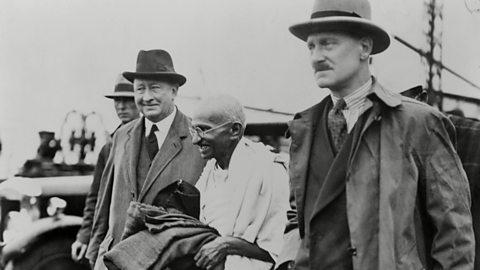
Mahatma Gandhi, who was the leader of the independence movement against British rule in India, is the source of many often quoted lines. Among them is this one, which emphasises that global change begins with personal responsibility.
The problem is that thereŌĆÖs no record of him ever actually saying or writing it. The nearest thing he did say was published in 1913 in the newspaper Indian Opinion (which he had founded): ŌĆ£We but mirror the world. All the tendencies present in the outer world are to be found in the world of our body. If we could change ourselves, the tendencies in the world would also change.ŌĆØ
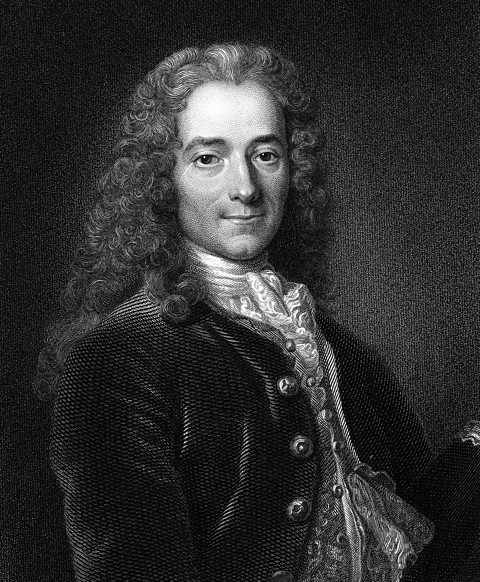
ŌĆ£I disapprove of what you say, but I will defend to the death your right to say it.ŌĆØ - Voltaire
This quotation, supposedly by French writer and philosopher Voltaire, is often cited by free speech advocates. In a nutshell, it's saying that if you believe strongly in peopleŌĆÖs right to express what they believe in, you will defend it even when theyŌĆÖre saying something you really donŌĆÖt want to hear, or find offensive.
Voltaire, who lived between 1694 and 1778, certainly believed in free speech. Much of his writing attacked the Catholic ChurchŌĆÖs attempts to restrict peopleŌĆÖs liberty at the time. But he almost certainly never expressed his views in his most often ŌĆśquotedŌĆÖ line.
The quote has its roots in a biography by Evelyn Beatrice Hall published in 1906, more than a century after VoltaireŌĆÖs death. In it, she tries to sum up VoltaireŌĆÖs thoughts on freedom of speech and wrote the line to help do that.

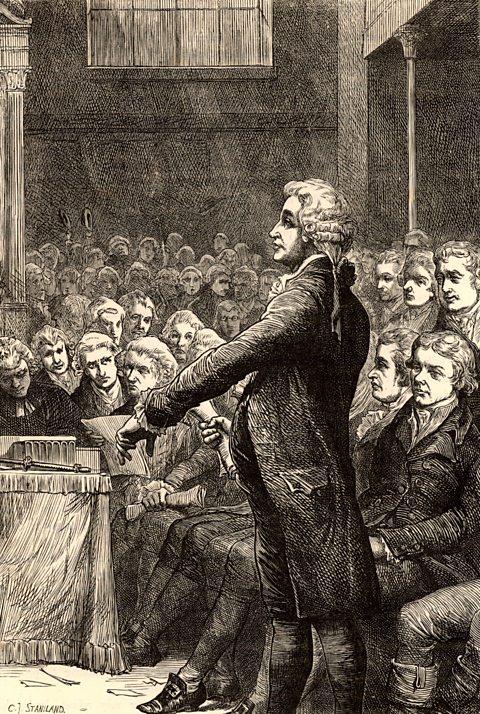
ŌĆ£The only thing necessary for the triumph of evil is for good men to do nothing.ŌĆØ - Edmund Burke
Edmund Burke was an 18th-Century philosopher, statesman and writer who was an MP for the Whig Party for over 20 years. Among his most regularly referenced quotations is this one.
It sounds impressive, but some have argued that it's a bit dubious in its meaning. As David Bromwich - author of The Intellectual Life of Edmund Burke - said to Reuters: ŌĆ£The thing that strikes you about this sayingŌĆ” is how little sense it makes: the silence of good men isnŌĆÖt the only thing necessary for the triumph of evil. The persons advancing the evilŌĆ” must be strong and determined; and the lukewarm must be either cowed into submission or willing to go along.ŌĆØ
What Burke did say, in 1770, was, ŌĆ£When bad men combine, the good must associate; else they will fall, one by one, an unpitied sacrifice in a contemptible struggle.ŌĆØ
The quote seems to have been warped soon after, and was even referenced by President John F. Kennedy in a famous speech in 1961.

ŌĆ£I cannot tell a lie. I cut down the cherry tree.ŌĆØ - George Washington
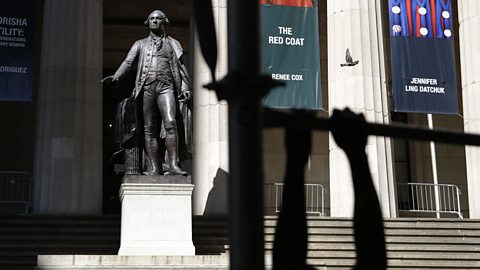
Among his supporters George Washington, who was the first president of the United States, was famed for his honesty. This was often illustrated by a story in which the 6-year-old Washington chopped down his dadŌĆÖs prized cherry tree but, when his vandalism was discovered, he immediately admitted to the crime.
ItŌĆÖs a beloved and oft-told tale, which became a symbol of Washington's virtues. It first appeared in biographer Mason Locke WeemsŌĆÖs account of WashingtonŌĆÖs life, which was published a year after WashingtonŌĆÖs death in 1799.
But the story wasn't even included in WeemsŌĆÖs book until the fifth edition in 1806. With no other evidence prior to that, some argue the story could have been completely made up.
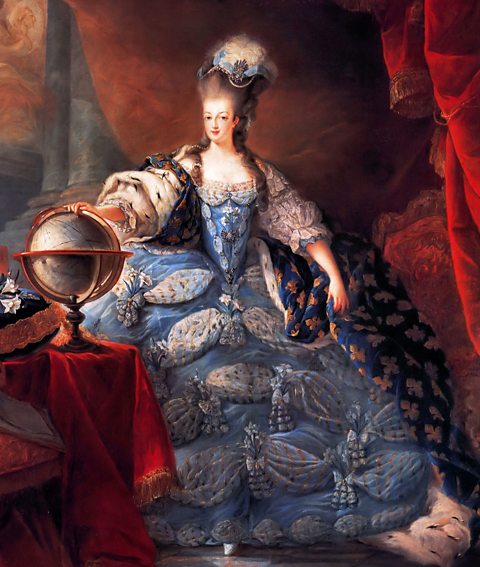
ŌĆ£Let them eat cake!ŌĆØ - Marie Antoinette
Marie Antoinette was queen of France during the period leading up to the French Revolution of 1789. When she was informed that her starving subjects had no bread to eat, she is supposed to have declared, ŌĆ£Let them eat cake!ŌĆØ. The quote is either meant to show how she was so out of touch with the real lives of poor people, or that she just didnŌĆÖt care.
The story seems to have surfaced in the writings of Enlightenment philosopher Jean-Jacques Rousseau around 1767, but he just attributes if to ŌĆśa great princessŌĆÖ. But since Antoinette was a child at the time, itŌĆÖs unlikely she was the princess he was talking about. Also, similar stories about different uncaring aristocrats had been floating around for years.
It was first specifically connected to Marie Antoinette in a pamphlet by writer Jean-Baptiste Alphonse Karr published 50 years after her death, and even then that was to say that the rumour about her saying it was untrue.

Six movie quotes that are victims of the ŌĆśMandela EffectŌĆÖ
You may be surprised at how many famous lines from movies we get wrong!

Seven classic movie lines they made up on the spot
Some of the most memorable lines in history weren't in the original script.

Three famous feuding families in history
These feuding families took sibling squabbles and parental disapproval to a whole new level.
